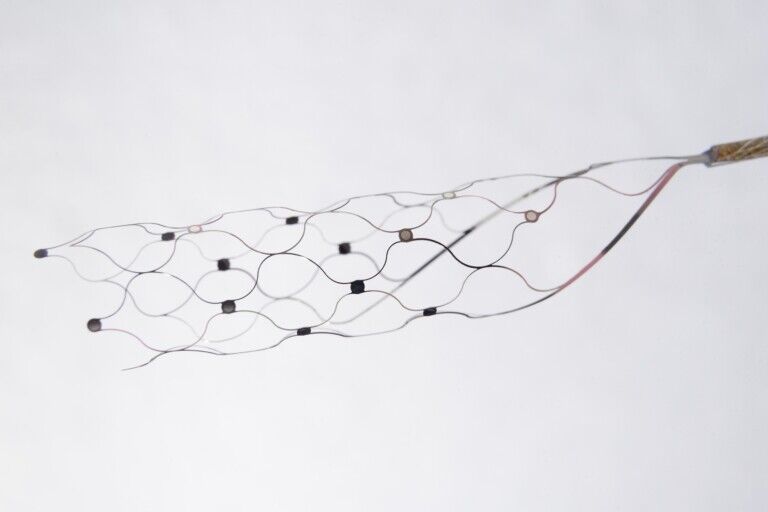Apple is working with neurotechnology company Synchron to develop devices including iPhones that could be controlled using brain implants and users’ thoughts.
Users will be implanted with Synchron’s brain-computer interface (BCI) and could control iPhones, iPads and Apple Vision Pro with just their thoughts, and without the need for physical movement or voice commands.
The technology is being developed for users with motor impairment such as ALS, stroke or spinal cord injury to control devices without their hands or voice.
Eventually, however, this BCI technology could be utilised by the attractions industry to create accessible experiences for guests with motor impairment.
Tom Oxley, CEO and co-founder of Synchron, said in a statement: “This marks a defining moment for human-device interaction. BCI is more than an accessibility tool, it’s a next-generation interface layer.
“Apple is helping to pioneer a new interface paradigm, where brain signals are formally recognized alongside touch, voice and typing.
“With BCI recognized as a native input for Apple devices, there are new possibilities for people living with paralysis and beyond.”
Brain-computer interface by Synchron
In 2019, Synchron became the first BCI company to begin the clinical testing of a permanently implantable system.
The company’s BCI system is implanted via the blood vessels and does not require open brain surgery.
Kurt Haggstrom, chief commercial officer at Synchron, said: “When we ask our clinical trial participants what they want to do, it’s always about communication and creativity.
“And to most people, that means using their Apple devices. For Apple to recognize that need, and respond to it, demonstrates how much they value accessibility for their users.”
Tech for users with motor impairment
Blair Casey, CEO of Team Gleason, which supports people living with ALS in accessing and advancing technology, said: “For people who’ve lost nearly all movement, implantable brain-computer interface technology is a breakthrough full of possibility.”
Images courtesy of Apple and Synchron
